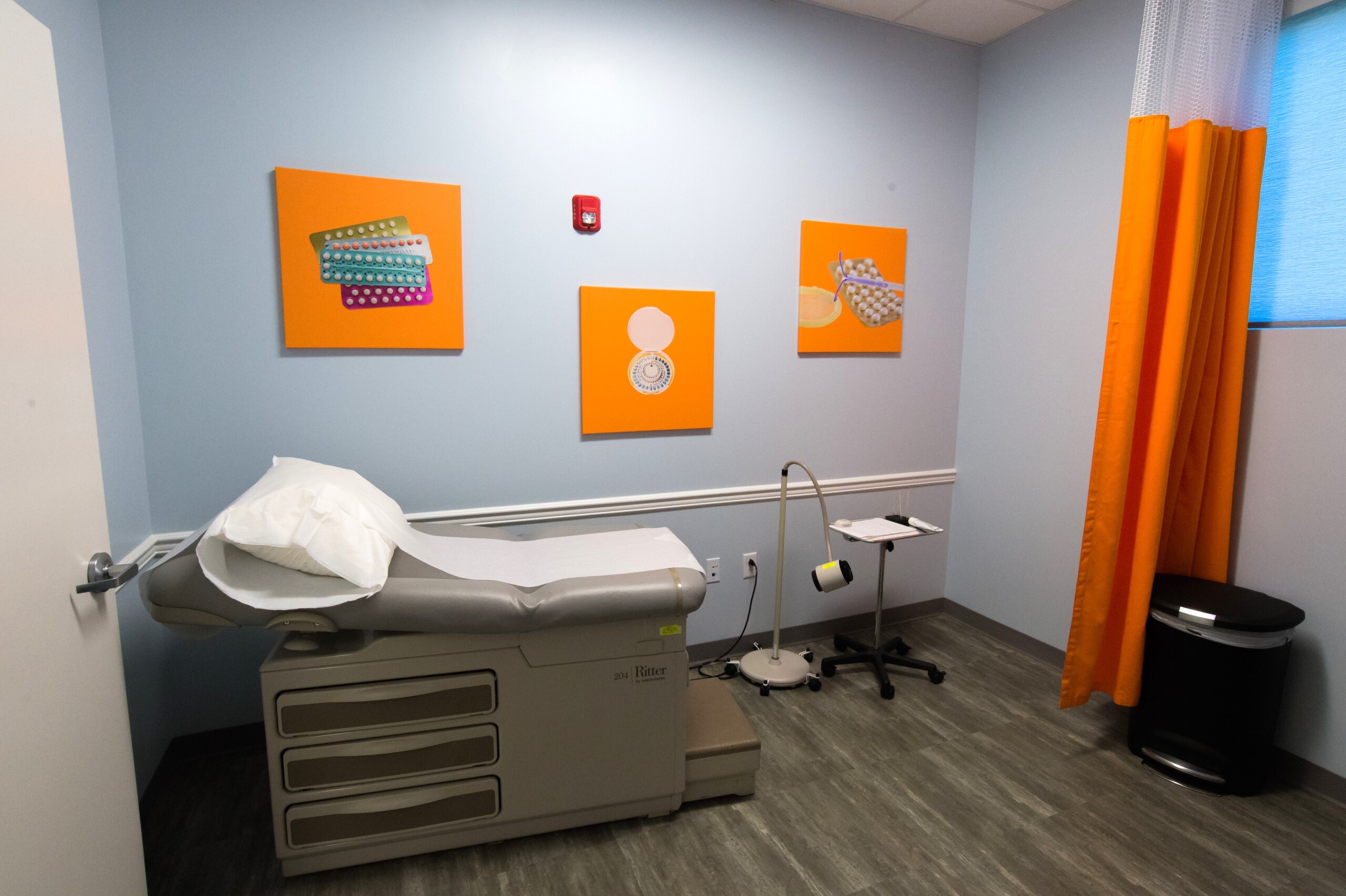The number of out-of-state patients traveling to Florida for abortions continues to grow since the U.S. Supreme Court overturned Roe v. Wade.
The Agency for Health Care Administration reports as of Jan. 3, 7,130 out-of-state residents had abortions in Florida. Data from 2023 may grow. In 2022 and 4,873 in 2021. As it stands, that would be a 46% increase over the past two years.
Health centers run by Planned Parenthood of South, East and North Florida saw their out-of-state patient volumes quadruple in the months after the Supreme Court ruling in June 2022, according to Michelle Quesada, vice president of communications.
Nearby states like Alabama and Tennessee banned abortions at all stages of pregnancy with very limited exceptions, while others like Georgia and South Carolina enacted bans six-week bans.
Florida implemented a 15-week abortion ban and required patients to wait 24 hours after seeing a doctor about an abortion to return for the procedure. But the state is still one of the only places in the region where women, transgender and nonbinary people can access care after six weeks.
In 2023, the first full year those restrictions have been in effect, out-of-state patient volumes at Planned Parenthood centers remain high, at about triple what they were before the ruling, Quesada said. Health centers nearest the border in Jacksonville and Tallahassee have been strained the most.
“In our northern centers, that really does push appointment wait times a little bit. The wait time is four to five weeks in [Tallahassee] and three to four in Jacksonville,” Quesada said. “So we’re still seeing a steady number of out-of-state patients that have nowhere else to turn to for this care.”
Quesada said Planned Parenthood has hired more staff at those locations to try to help meet demand.
So far, the state has reported 78,250 abortions for 2023, but that number could grow. There were 82,581 in 2022 and 79,817 in 2021.
A total of 4,945 Northeast Florida residents had abortions in 2023, including 3,879 in Duval County, according to state data.
The Florida Supreme Court is weighing a challenge to the state’s 15-week ban. If it rules to uphold it, then a six-week ban that the legislature passed last spring will go into effect 30 days later.
That could be devastating for patients in Florida and out-of-state, said Quesada, as many women don’t even realize they are pregnant at six weeks.
“This would have a significant effect on access in the South,” she said.
The court is also scheduled to hear arguments in February about whether to allow a proposal to enshrine abortion rights in Florida’s constitution to appear on the November ballot.
This story has been updated to reflect that abortion totals for 2023 may not yet be complete. A previous story made a determination about overall abortion trends that cannot yet be verified.
9(MDEwNzczMDA2MDEzNTg3ODA1MTAzZjYxNg004))







